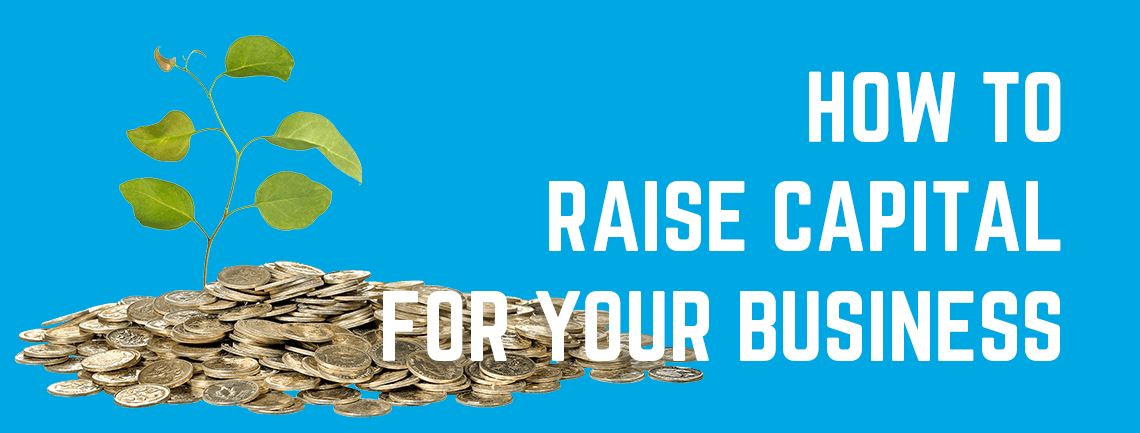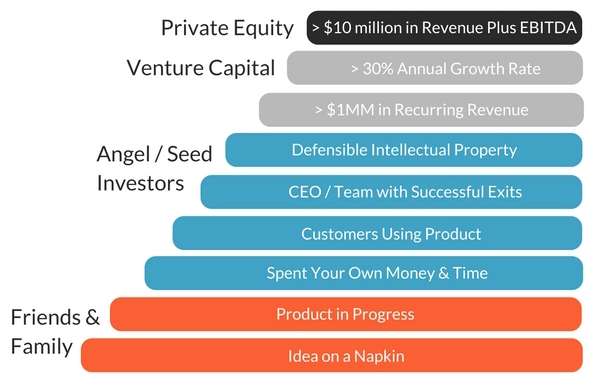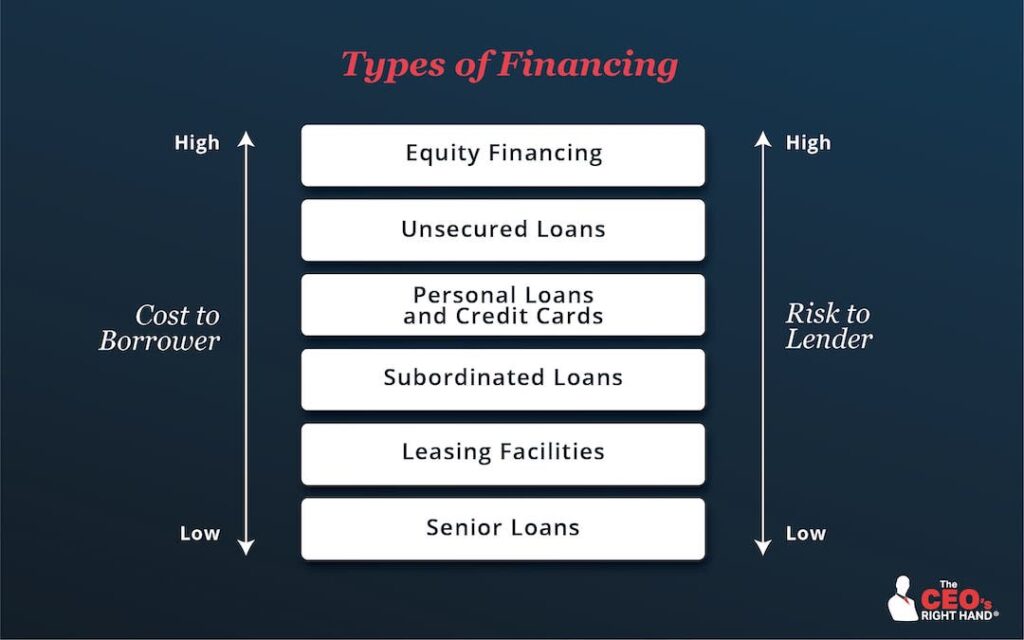What Is The Best Way To Raise Capital

For the value-conscious entrepreneur or small business owner, securing capital isn't just about finding money; it's about strategically fueling growth without sacrificing long-term financial health. This article cuts through the noise to provide a practical, analytical comparison of different capital-raising methods, helping you make the most informed and cost-effective decision.
Understanding Your Capital Needs
Before diving into specific methods, accurately assess your capital requirements. Are you seeking seed funding, expansion capital, or working capital? Understanding the purpose helps you align with the right funding source.
Different funding needs require different approaches and have different associated costs.
Shortlist of Capital Raising Methods
Here's a curated list of capital-raising options, categorized by target audience and general budget/effort required:
- Bootstrapping (Low Budget, High Effort): Using personal savings and revenue to fund growth.
- Small Business Loans (Moderate Budget, Moderate Effort): Traditional loans from banks or credit unions.
- Microloans (Low to Moderate Budget, Moderate Effort): Smaller loans from non-profit lenders.
- Angel Investors (Moderate Budget, High Effort): High-net-worth individuals who invest in early-stage companies.
- Venture Capital (High Budget, High Effort): Investment from firms specializing in high-growth potential companies.
- Crowdfunding (Low to Moderate Budget, Moderate Effort): Raising small amounts of capital from a large number of people.
- Government Grants (Low Budget, High Effort): Non-repayable funds offered by government agencies.
Detailed Reviews of Capital Raising Methods
Bootstrapping
Bootstrapping involves funding your business using personal savings, revenue, and creative cost-cutting. It allows you to retain complete control and avoid debt. However, growth may be slower.
Pros: Full ownership, no debt. Cons: Slow growth, limited resources.
Small Business Loans
Small business loans from banks or credit unions offer a structured repayment plan. Interest rates and terms vary depending on your creditworthiness and the lender. Requires collateral and a strong business plan.
Pros: Predictable repayment, larger sums possible. Cons: Interest payments, collateral required.
Microloans
Microloans, typically offered by non-profit organizations, provide smaller amounts of capital to underserved entrepreneurs. They often have more flexible terms than traditional bank loans. Can provide valuable support and mentorship.
Pros: Flexible terms, access to underserved communities. Cons: Smaller loan amounts, may have eligibility restrictions.
Angel Investors
Angel investors are high-net-worth individuals who invest their own money in early-stage companies. They often bring experience and mentorship along with capital. Securing angel investment can be competitive.
Pros: Mentorship, larger investment potential. Cons: Equity dilution, loss of control.
Venture Capital
Venture capital (VC) firms invest in companies with high growth potential, seeking a significant return on their investment. VC funding typically involves a rigorous due diligence process. Often requires significant equity dilution.
Pros: Large capital injections, experienced guidance. Cons: Significant equity dilution, intense scrutiny.
Crowdfunding
Crowdfunding involves raising small amounts of capital from a large number of people, typically through online platforms. It can be a great way to test market demand. Successful campaigns require significant marketing effort.
Pros: Market validation, community building. Cons: Marketing costs, platform fees.
Government Grants
Government grants offer non-repayable funds to businesses meeting specific criteria. The application process can be competitive and time-consuming. Grants often target specific industries or demographics.
Pros: Non-repayable, no equity dilution. Cons: Competitive, lengthy application process.
Side-by-Side Comparison
| Method | Capital Amount | Effort Required | Cost of Capital | Control | Speed |
|---|---|---|---|---|---|
| Bootstrapping | Low | High | Low (Opportunity Cost) | High | Slow |
| Small Business Loan | Moderate | Moderate | Moderate (Interest) | High | Moderate |
| Microloan | Low to Moderate | Moderate | Low to Moderate (Interest) | High | Moderate |
| Angel Investor | Moderate to High | High | High (Equity) | Moderate | Moderate |
| Venture Capital | High | High | Very High (Equity) | Low | Moderate to High |
| Crowdfunding | Low to Moderate | Moderate | Low to Moderate (Platform Fees) | High | Moderate |
| Government Grants | Low to Moderate | High | None | High | Slow |
Practical Considerations
Beyond the raw numbers, consider the soft factors. How much control are you willing to relinquish? What is your risk tolerance?
Factor in the time commitment required for each method. Applying for grants or securing VC funding can be a full-time job.
Also, assess the impact on your personal credit score. Some funding methods require personal guarantees.
Summary
Choosing the best way to raise capital depends on your specific needs, risk tolerance, and stage of business. Each method has its own advantages and disadvantages. Carefully weigh the costs, benefits, and practical considerations.
Remember to prioritize methods that align with your values and long-term goals. An informed decision is a wise investment.
Consider all factors, including control, equity dilution, and repayment terms before making a decision.
Take Action
Now that you're armed with this knowledge, take the next step. Create a detailed financial model. Research specific lenders or investors. Develop a compelling pitch. Good luck!
Frequently Asked Questions (FAQ)
Q: What is equity dilution?
A: Equity dilution occurs when you sell shares of your company, decreasing the percentage of ownership held by existing shareholders.
Q: What is a personal guarantee?
A: A personal guarantee is a promise to repay a business debt using your personal assets if the business cannot.
Q: How do I prepare a business plan for a loan application?
A: A business plan should include an executive summary, company description, market analysis, financial projections, and management team overview.
Q: What are the different types of crowdfunding?
A: There are four main types: donation-based, reward-based, equity-based, and debt-based.
Q: Where can I find government grant opportunities?
A: Visit websites like Grants.gov and SBA.gov to search for federal grant opportunities.


















